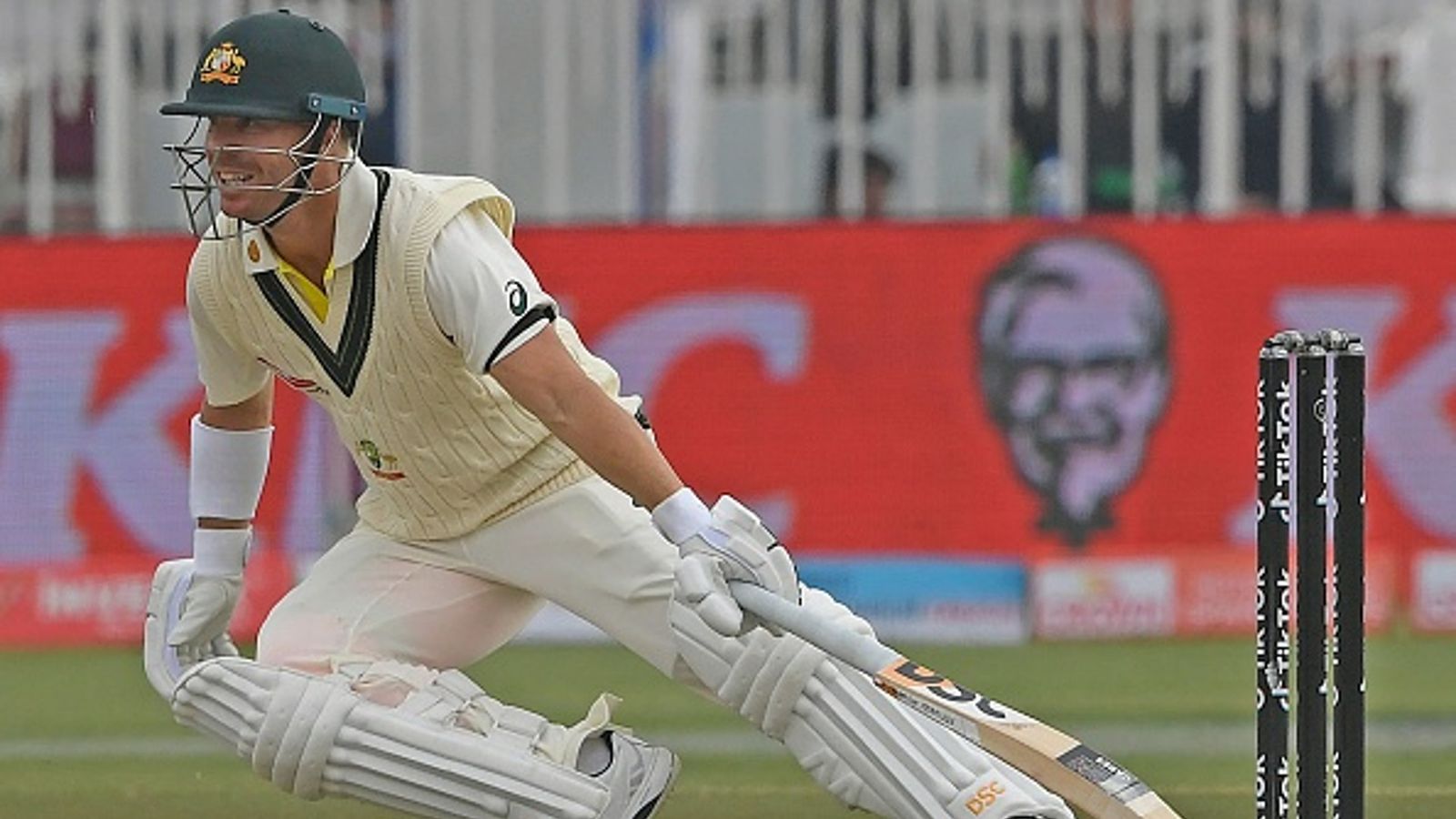Run-out at non-striker's end remains a "spirit of cricket issue" for Australian opener David Warner despite the MCC amending its code to remove it from "unfair play" laws even though he believes that batters are the ones solely at "fault" if such a dismissal is effected.
Custodians of cricket laws, the Marylebone Cricket Club on re-classified the controversial run out, from law 41's 'unfair play' and incorporated it within law 38 pertaining to legitimate run outs.
It's one of the nine changes that the MCC made to its code, which is set to come into effect from October this year.
"I still think the history of the game suggests it's a spirit of cricket thing... You don't expect players to do that," Warner was quoted as saying by 'news.com.au' ahead of the second Test against Pakistan beginning here on Saturday.
"I do agree with the fact that if you are backing up, and you're out of your crease by a long way (you are fair game).
"I think it happened more predominantly at the end of a white-ball 50-over games, or obviously in T20 cricket we've seen it but at the end of the day, as a batsman, you've got to stay in your crease," he added.
Warner said batters have only themselves to blame if they end up being dismissed in such a manner.
"There's no doubt about that, and if you're silly enough to get caught out like that and run out, that's your own fault. You're told not to leave before the bowler lets the ball go, so just don't do it," Warner said.
The dismissal first came to be known when the legendary former India allrounder Vinoo Mankad twice ran out Australia opener Bill Brown at the non-striker's end -- once in a tour game against an Australia XI at the SCG in 1947, and then again in the second Test of the ensuing series.
The Australian media dubbed it as 'Mankading', a name which stuck in popular parlance but was vehemently opposed by legends like Sunil Gavaskar for being "disrespectful" towards Mankad.
Warner does not believe the switch from 'unfair' to 'legitimate' will cause bowlers to pursue such a dismissal more often as it would only slow down the game.
"I think what's important for the game of cricket is that bowlers don't be looking for that, because then you're going to slow the game down even more," he said.
"I know from before, being a captain, it can be frustrating and you're taking time out of the game.
"So there's some areas there that need to be addressed, but that's on an individual basis," he added.


